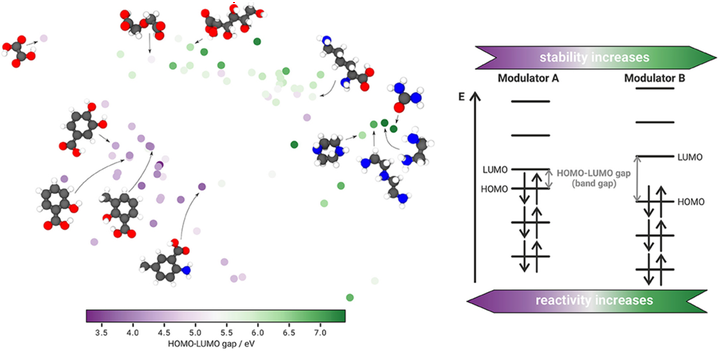
Abstract
Magnesium exhibits a high potential for a variety of applications in areas such as transport, energy and medicine. However, untreated magnesium alloys are prone to corrosion, restricting their practical application. Therefore, it is necessary to develop new approaches that can prevent or control corrosion and degradation processes in order to adapt to the specific needs of the application. One potential solution is using corrosion inhibitors which are capable of drastically reducing the degradation rate as a result of interactions with the metal surface or components of the corrosive medium. As the sheer number of potential dissolution modulators makes it impossible to obtain a detailed atomistic understanding of the inhibition mechanisms for each additive, other measures for inhibition prediction are required. For this purpose, a concept is presented that combines corrosion experiments, machine learning, data mining, density functional theory calculations and molecular dynamics to estimate corrosion inhibition properties of still untested molecules. Concomitantly, this approach will provide a deeper understanding of the fundamental mechanisms behind the prevention of corrosion events in magnesium-based materials and enables more accurate continuum corrosion simulations. The presented concept facilitates the search for molecules with a positive or negative effect on the inhibition efficiency and could thus significantly contribute to the better control of magnesium / electrolyte interface properties.